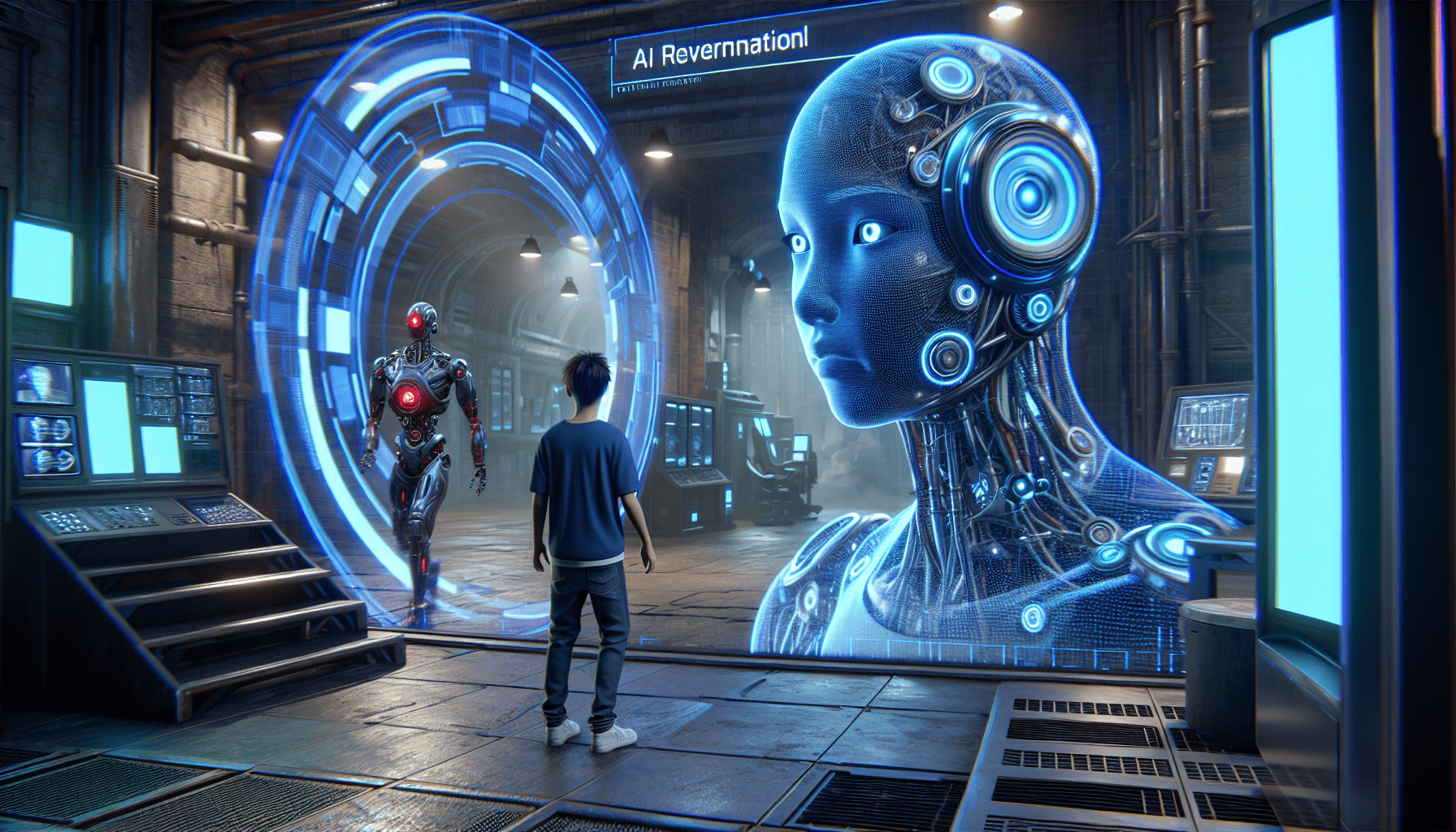In recent years, the landscape of gaming has dramatically evolved, thanks in large part to the integration of artificial intelligence (AI). This technological advancement is not only enhancing the gaming experience for players but is also pushing the boundaries of what developers can create. From smarter non-player characters (NPCs) to personalized gaming experiences, AI is changing the way we play and interact with video games.
One of the most noticeable applications of AI in gaming is the development of intelligent NPCs. Gone are the days of predictable patterns and easily outsmarted foes. Today's NPCs, powered by AI, exhibit realistic behaviors and can adapt to the player's actions in real-time, providing a more challenging and immersive gaming experience. These NPCs are now capable of learning from player strategies, adjusting their approach, and offering dynamic challenges that keep the gameplay fresh and engaging. This evolution has elevated gaming to a new level, where the line between human and machine opponent is becoming increasingly blurred.
AI is also at the forefront of creating more personalized gaming experiences. Through machine learning algorithms, games can now analyze player behavior and preferences to tailor content specifically for individual users. This might include recommending certain quests in a role-playing game, selecting the most fitting difficulty level, or even altering the storyline based on player's in-game decisions and actions. Such personalization helps in crafting a unique experience for each player, making the game world feel more responsive and alive.
Moreover, AI is transforming the way game worlds are built and expanded. Procedural content generation, facilitated by AI, allows developers to create vast, intricate game worlds with less manual effort. AI algorithms can generate landscapes, populate them with flora, fauna, and structures, all the while ensuring their harmonious integration into the game. This not only speeds up the development process but also offers players an endless variety of environments to explore, each playthrough potentially different from the last.
On the social front, AI is enabling more sophisticated multiplayer experiences. Voice and chatbots are often employed to moderate online interactions, helping maintain a positive gaming environment by curbing toxic behavior. Additionally, matchmaking systems use AI to pair players with similar skill levels, creating balanced competitive experiences that are fair and enjoyable.
Despite its numerous advantages, the integration of AI in gaming is not without challenges. Issues such as data privacy, ethical use of AI technology, and the potential for creating systems that inadvertently foster addictive behaviours are ongoing concerns. Game developers and AI engineers are constantly working to address these issues, ensuring that AI is used responsibly and ethically to enhance the gaming experience without adverse effects on players.
In conclusion, AI is undeniably a game-changer in the world of gaming, offering unprecedented levels of interactivity, realism, and personalization. As technology continues to advance, the possibilities for AI in gaming are virtually limitless, promising even more innovative and immersive experiences for players in the future. By harnessing the power of AI, developers are not only redefining the gaming experience but also paving the way for a new era where virtual worlds can adapt and respond to the desires of their inhabitants in ways that were once unimaginable.
